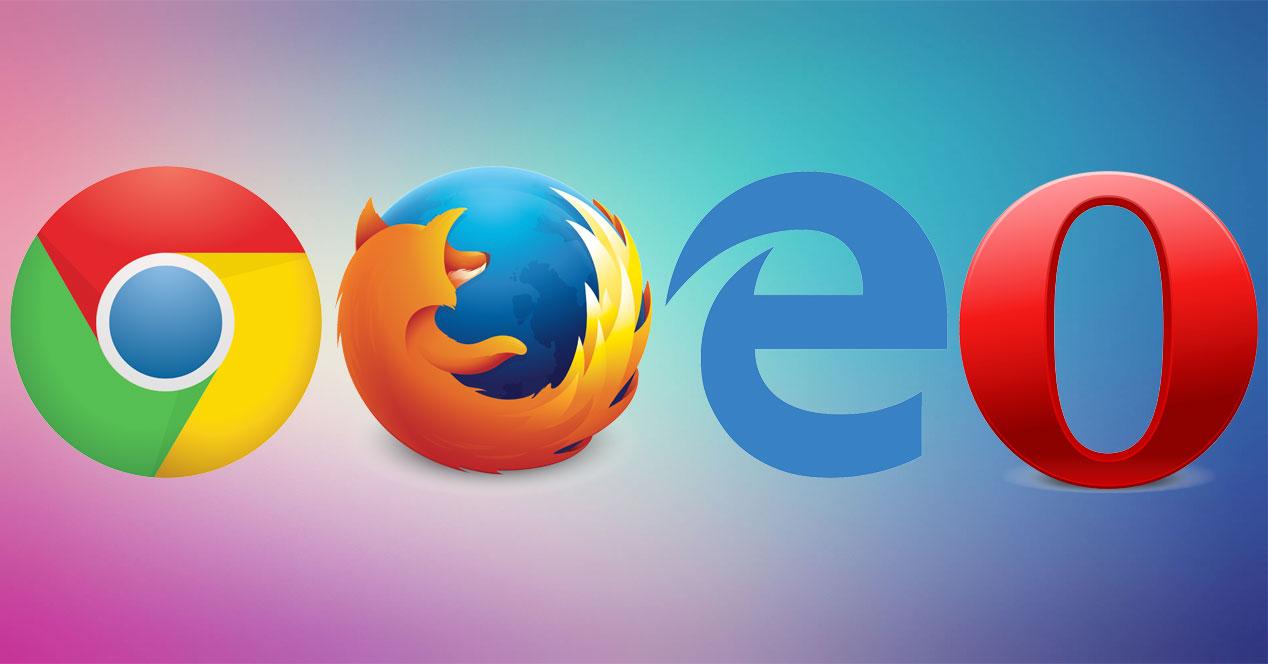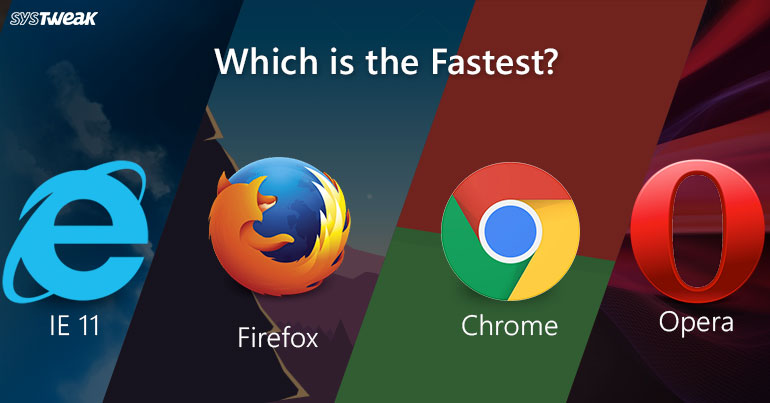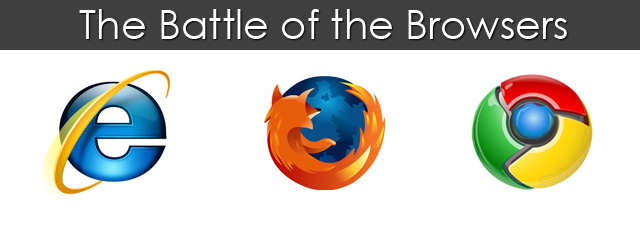

Unsecure connection warnings/prompts, etc.įirefox features an inbuilt pop-up blocker. The security in web browsers pertains to: Just like privacy, security is also an indispensable aspect of web browsing. Although both popular web browsers have strong tracking protection, Firefox offers way more control over it.

In fact, many Firefox users prefer the web browser for this sole reason. : Firefox clearly outshines Chrome in terms of privacy. This makes it difficult for some users to correctly understand what user information Chrome collects and how it uses the same. Chrome’s privacy policy is complicated as compared to Firefox’s privacy policy which is straightforward. There have been quite a few issues that stained the reputation of Google Chrome in terms of privacy, may it be continuing collecting data even when the location services are turned off or it working with NSA’s PRISM program. Tracking protection of Google Chrome, however, is superb. It is just a polite way of saying that we collect data to give you relevant ads. Everybody knows that Google collects data to “make the experience better” for its users. There are only a few issues with Chrome and privacy is among the best - actually, worst - of them. Users can set their preferences individually for cookies, crypto miners, trackers, etc. On the privacy-oriented features front, Firefox offers superb, flexible tracking protection controls. Firefox’s privacy policy clearly states the kind of information it collects, what it uses the same for, and doesn’t sell or share your data with third-parties for any gains. This ensures that it can be trusted for everything that it says about protecting and keeping your data private. Mozilla is a non-profit organization, therefore it doesn’t generate revenue with ads like Chrome does. Mozilla Firefox, as a matter of fact, is designed with privacy in mind. This depends on a range of factors, which are: The most important aspect for some users while choosing a web browser is privacy. So, Chrome is the winner here, although marginally. Chrome, however, supports better features, like the image search option and tab menu. : Both web browsers are easy-to-use, feature a clean interface and features a high level of usability. Instead, they are saved in a tab menu and allow you to even sync Google Chrome on your desktop and mobile, and other devices. Right-clicking an image for performing a Google search, andĭisplaying a tab’s favicon when too many tabs are open and change in hue among neighboring tabs to avoid confusion.Ĭhrome doesn’t support the sharing (tab) to other device features. On the contrary, Chrome has two great features at its disposal: This means that when you open too many tabs in Google Chrome, they get minimized. Although tab management is good in Chrome, too, one thing that it lacks is the tab scrolling option. Chrome also flaunts a smooth, attractive interface that is fully functional and highly responsive.Ī vast majority of web browsers available these days are Chromium-based, so the Chrome UI is much more familiar than that of Firefox, which is unique. Some old websites, however, might work better with Firefox than with Chrome, as most of these were developed prior to the advent of Google Chrome. These are usually websites that are created solely for Google Chrome (and Chromium-based web browsers). Sometimes, Firefox users come across websites that are rendered poorly. The platform that was made perfect by Google Chrome was introduced first by Mozilla Firefox. Mozilla developed Firefox in the aim of making web surfing cooler and more enjoyable.

However, there have been only a few web browsers - such as Google Chrome and Internet Explorer - who have ruled the segment like no other.Īmong the most popular web browsers of all time.

Commercial, free, privacy-oriented, there are so many of them. Throughout the entire lifetime of the internet, there has been no shortage of web browsers. Before kicking off the comparison, let’s first know the two contenders better. Chrome: The Face-Off begins here and now. Well, today, are going to put an end to this discussion once and for all. Chrome question Who’s better among the two web browsers? Both web browsers are efficient and functional enough to be among the top web browsers, but if one has to be chosen, who should it be? Chances are high that at any moment in time, you might have pondered over the popular Firefox vs.


 0 kommentar(er)
0 kommentar(er)
